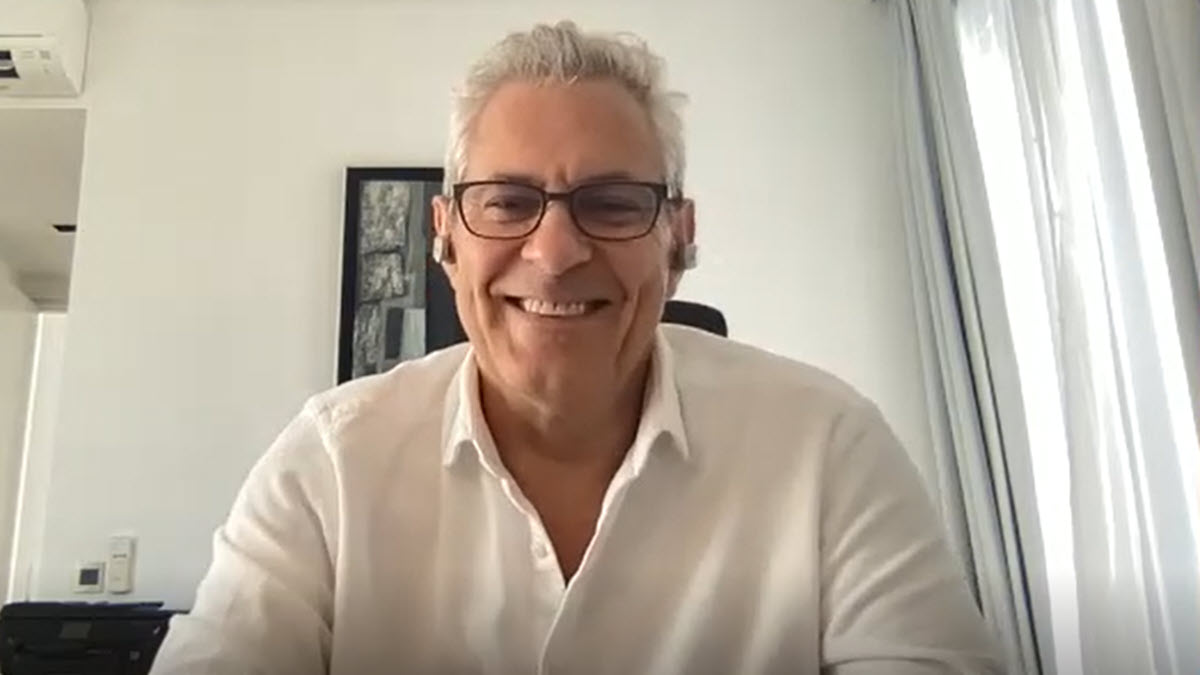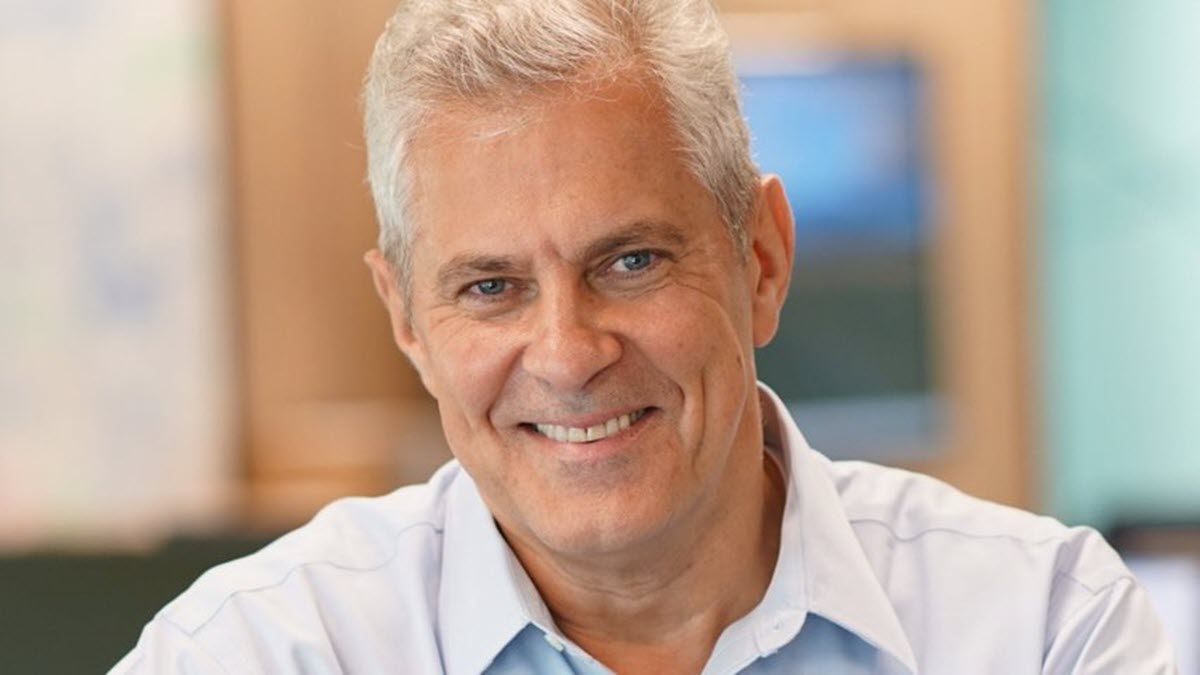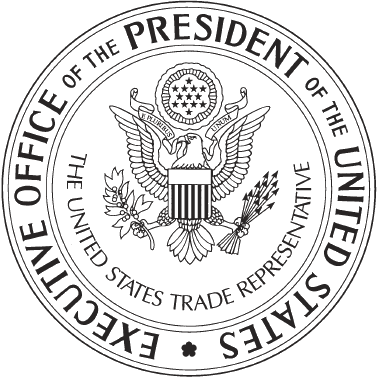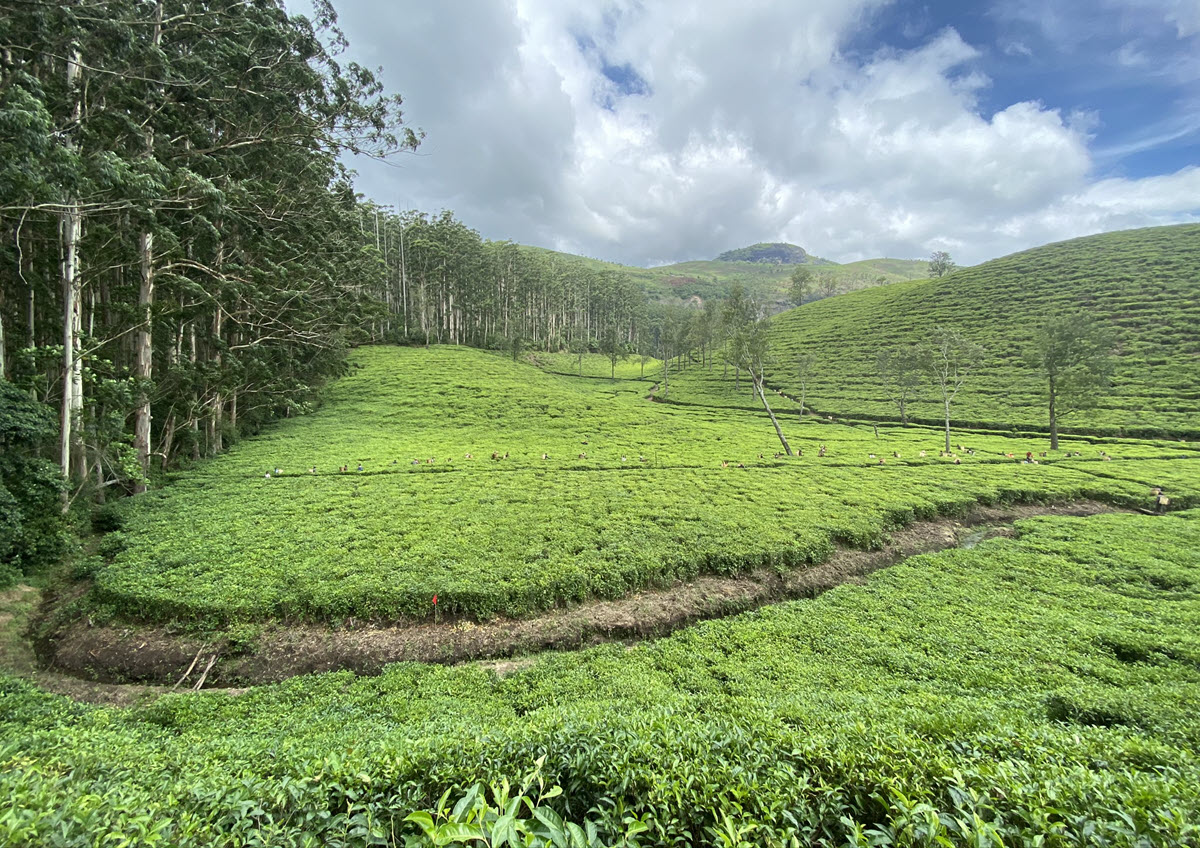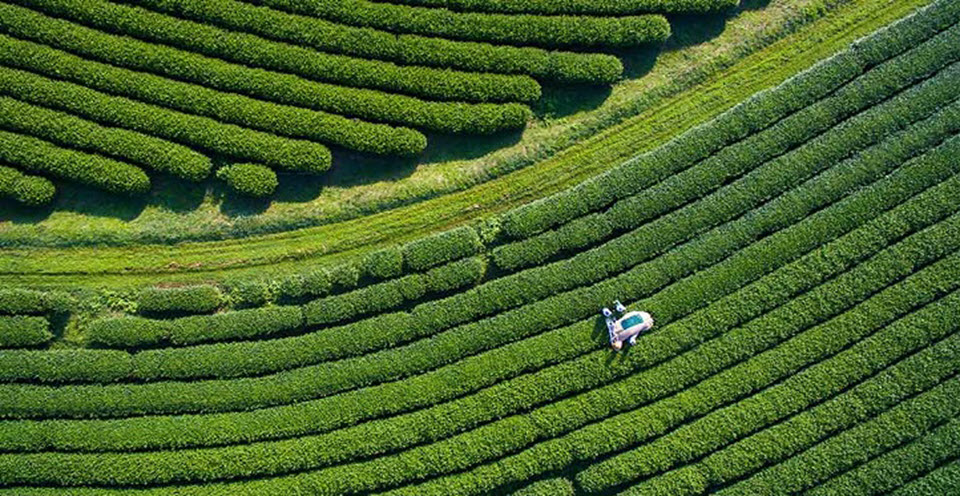
Episode 129
CVC Capital Partners Exploring Sale of Kericho Tea Gardens: Unilever Brands Not for Sale
| Dunkin’ Will Soon Begin Selling Hard Tea at Select US Grocery and Packaged Liquor Locations in 12 States
| A Study Using UK Biobank Data Shows Tea May Lower the Risk of Gout
Tea News for the week ending Aug 11
Powered by RedCircle
Guest
Phil Rushworth, one of the owners of Ottawa-based ZhenTea, loves adventure camping, canoeing, climbing, and hiking. This week, he describes teas and techniques to help tea lovers enjoy special moments in the great outdoors.
Listen to the Interview
Turmoil Makes Kericho Tea Estates a Highly Visible Liability for Investors
By Dan Bolton
The private equity group that paid 4.5 billion Euros for Unilever’s tea business in July 2022 is discussing the sale of the Kenyan gardens and factories supplying its popular tea brands, including Lipton Tea and Infusions, according to the Financial Times,
The newspaper reports three sources with detailed knowledge of the CVC Capital Partners’ plans.”The Kericho plantation has a history of violence and sexual abuse allegations. Protests in recent months led to the death of one tea worker, torching several tea harvesting machines, theft of tea, and acts of vandalism.
A Lipton spokesperson quoted in the news report said the company had received a number of unsolicited inbound expressions of interest in our estates and would “review this strategic question at the right point in time.”
The spokesperson said that if CVC sold the plantation, it would retain the rest of the business, which processes and markets tea under several brands, including PG Tips, Brooke Bond, and Pukka Herbs.
In January, BBC Africa aired a documentary following an investigation of abuse involving more than 70 women allegedly forced into sex to get jobs on plantations owned by Unilever and James Finlay & Co. Unilever said it was “deeply shocked and saddened” by the behavior in the documentary. Kenyan authorities are investigating the allegations, which immediately led to the firing of some individuals, barring others from its facilities, and “comprehensive support for any affected women on our estates,” according to Lipton’s spokesperson.
BIZ INSIGHT – Finlays announced the sale of its James Finlay Kenya Ltd. tea gardens to Sri Lanka-based Browns Investments in May. The nine Finlays tea estates cover 10,300 hectares, including 5,200 hectares of land under tea. Terms of the sale were not disclosed. Headquartered in Colombo, Browns owns 49 Sri Lankan gardens spanning 30,000 hectares and employs over 10,000 workers.

Dunkin’ Will Soon Begin Selling Hard Tea (but not at restaurants)
By Dan Bolton
In May, the US Alcohol and Tobacco Tax and Trade Bureau (TTB) approved labeling for Dunkin’ Spiked, a new line of hard tea and coffee in cans and bottles available online in grocery and packaged liquor stores in 12 US states beginning in August.
A Dunkin’ release states, “We knew we had the opportunity to create something special when we saw the positive response to our previous seasonal collaborations for Dunkin’-inspired beers. The growing appetite for adult beverages inspired us to put a twist on our customers’ favorite Dunkin’ Iced Coffee, Iced Tea, and Refresher flavors,” said Brian Gilbert, Vice President of Retail Business Development at Dunkin’. “Dunkin’ Spiked is perfect for day or night enjoyment and comes in eight distinct flavors, available in grocery and package stores later this month. This new line of ready-to-drink adult beverages elevates Dunkin’s offerings, and we know our 21+ fans will love every sip.”
The 5% ABV tea will be available in four coffee and tea variations. The Dunkin’ Spiked website displays “iced tea refreshers” in four flavors: slightly sweet, strawberry dragonfruit, mango pineapple, and half & half in 12oz cans, along with original iced coffee, caramel iced coffee, mocha iced coffee, and vanilla iced coffee. The iced coffee versions are 6% ABV and will be available beginning in September. There is a signup form to be alerted to locations where the tea is sold.
Retailers across Connecticut, Delaware, Florida, Maine, Massachusetts, New Hampshire, New Jersey, New York, Pennsylvania, Rhode Island, Texas, and Vermont will initially sell the hard teas and coffee. Dunkin’, founded in 1950, operates 13,200 restaurants in 42 global markets, with 9,461 in the US. It is the largest coffee and donut brand in the US. The spiked teas and coffees will not be available at restaurants. Formats include:
- A 12-can mix pack (three 12 oz. cans of each flavor)
- Four-pack of 12 oz. Original Spiked Iced Coffee cans
- Single 19.2 oz. Original Spiked Iced Coffee cans
BIZ INSIGHT – Market leader Twisted Tea recently launched an 8% ABV Extreme tea, Lipton and Arizona Iced Tea are now selling hard teas, Monster is expected to launch a hard tea soon, and Ohio-based Wild Tea now offers 9% ABV Black Cherry Bourbon Barrel and Strawberry Pineapple flavors. For the first time, hard teas are leading the US’s FMB (fermented malt beverage) category, wresting the segment from hard lemonade. RTD cocktails are gaining market share as hard seltzers slipped from a high of $4.3 billion. Hard teas increased dollar sales by 38.7% to $385 million YTD, according to BEVNET.

Tea May Lower the Risk of Gout
By Dan Bolton
Tea flavonoids may reduce the risk of developing gout, according to a peer-reviewed analysis published in the July edition of the journal Frontiers in Genetics.
Gout is a form of inflammatory arthritis leading to recurrent joint pain caused by the accumulation of needle-like uric acid crystals. It affects 1-2% of adults in the developed world at some point in their lives and is becoming more common. As reported in HCP Live, “gout often impacts a patient’s mental, physical and emotional wellbeing. Treatment includes exercising, weight loss, limiting sugary drinks, and medication.”Chinese researchers described a causal relationship between tea intake and gout based on a Mendelian randomization study of the UK biobank. Three datasets each revealed that a greater tea intake reduced gout, and a fourth statistical examination revealed that those with low tea intake had a higher risk of gout. The datasets were drawn from the long-term biobank study of 500,000 volunteers aged 40 to 69, which began in 2006 and will continue for 30 years.
Researchers speculate that “tea flavonoids may inhibit xanthine oxidase, an enzyme involved in uric acid production, while another is that tea flavonoids may improve uric acid excretion by the kidneys. However, since observational studies may have numerous confounding factors, large randomized controlled trials are required to determine the effects of tea intake on gout.”Different types of tea, such as green tea, white tea, and black tea, may have distinct chemical constituents and may result in different effects on gout, but researchers concluded, “These findings underscore the potential advantages of increasing tea intake for preventing gout.”
References
- Liang X, Cai J, Fan Y. Causal association between tea intake and risk for gout: a Mendelian randomization study. Front Genet. 2023;14:1220931. Published 2023 Jul 13. doi:10.3389/fgene.2023.1220931
- Guo, H., Wang, S., Peng, H., Wang, M., Li, L., Huang, J., et al. (2023). Dose-response relationships of tea and coffee consumption with gout: A prospective cohort study in the UK biobank. Rheumatol. Oxf., kead019. doi:10.1093/rheumatology/kead019
FEATURES

Taking Tea in the Wilderness
By Dan Bolton
When studio executive Phil Rushworth married Zhen Lu, he became part of an established Chinese tea family. His mother-in-law, Jianli Wu, is a nationally certified tea art specialist, taster, and appraiser with more than 25 years of experience in the tea business. She has authored five books on tea. The couple live in Ottawa and visit China frequently. Phil has a background in science and engineering and brings his unique “scientific” perspective, focusing on the mechanism and chemistry of tea and its processing. Although a relative newcomer to Chinese tea, Phil explains that he has gradually understood the nuance of teas cherished in China. He describes his work at ZhenTea as a bridge between science, intuition, and Western and Eastern culture.
Listen to the Interview
Powered by RedCircle
Share this episode with your friends in tea.
Signup to receive Tea Biz weekly in your inbox.





